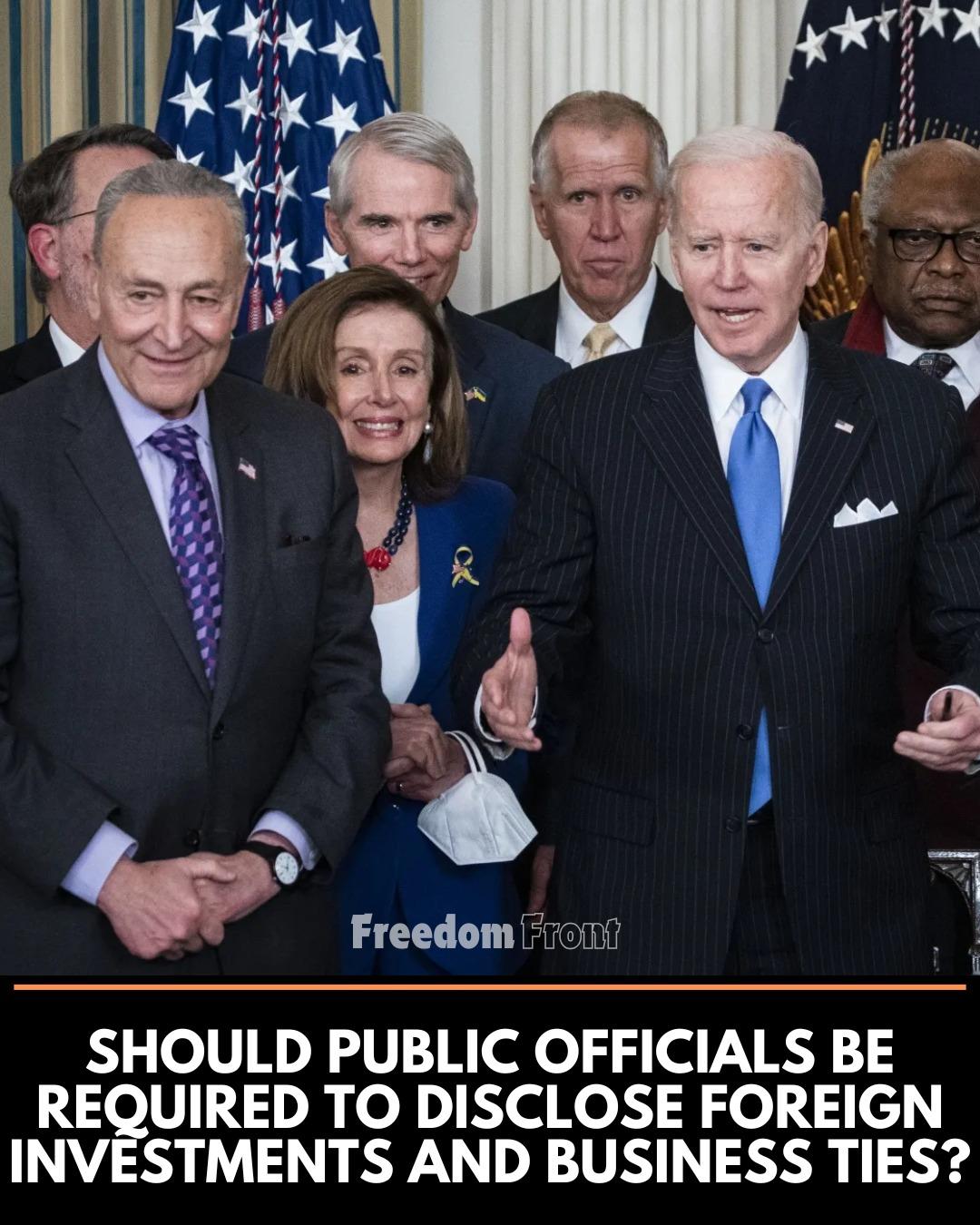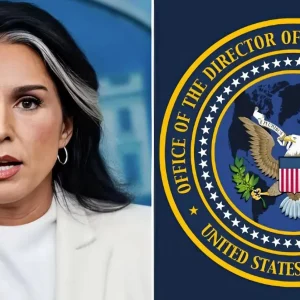In a world where trust in government is already hanging by a thread, the question of whether public officials should be forced to disclose their foreign investments and business ties is sparking fiery debates across the globe. Imagine this: a high-ranking official making decisions that shape your country’s future, all while their bank account is fattened by shadowy overseas deals. Sounds like a Hollywood thriller, right? Except this isn’t fiction—it’s a reality that could be happening right now, and it’s time to rip the curtain off.

Transparency in government isn’t just a buzzword; it’s a necessity. Public officials hold immense power, from crafting laws to steering foreign policy, and their decisions impact millions. If they’re entangled in foreign financial webs, how can we trust their loyalty lies with the people they serve? Requiring full disclosure of foreign investments and business ties could expose conflicts of interest that threaten national security and democratic integrity. Without it, we’re left guessing who’s pulling the strings—Beijing? Moscow? Or some offshore tycoon in a tax haven?
The argument for mandatory disclosure is simple: sunlight is the best disinfectant. If an official has nothing to hide, why resist? Public records of foreign ties would let voters and watchdog groups scrutinize potential red flags. For instance, if a senator pushing for relaxed trade policies with a certain country is secretly profiting from businesses there, shouldn’t we know? History backs this up—look at the 2016 Panama Papers, which exposed how global elites, including some politicians, hid wealth in offshore accounts. The fallout was massive, with resignations and investigations worldwide. If that doesn’t scream “we need transparency,” what does?
On the flip side, opponents argue that forcing officials to disclose foreign ties could infringe on their privacy and deter qualified candidates from public service. Some claim it’s a slippery slope to overreach—today it’s foreign investments, tomorrow it’s their personal bank accounts. Others say it could unfairly paint legitimate business dealings as suspicious, scaring off honest officials who happen to have global investments. But let’s be real: if you’re signing up to serve the public, a little scrutiny comes with the job. Privacy concerns don’t outweigh the public’s right to know who might be influencing their leaders.
Here’s the kicker: some officials might already be dodging accountability through loopholes. Trusts, shell companies, and family proxies can hide foreign ties without breaking a sweat. In 2020, reports surfaced about U.S. politicians with undisclosed stakes in foreign firms, raising eyebrows but rarely leading to consequences. Without strict laws mandating transparency, these loopholes stay wide open, letting officials play fast and loose with their allegiances. And don’t get me started on foreign governments funneling money through “consulting fees” or “investments” to sway policy—because it’s happening, and we’re none the wiser.
The stakes are even higher in today’s polarized world. Foreign actors are more sophisticated than ever, using economic leverage to meddle in democracies. Look at China’s Belt and Road Initiative or Russia’s energy deals—both have been accused of buying influence in smaller nations. If a U.S. official has a stake in those projects, can they objectively handle trade negotiations or sanctions? Doubtful. Mandatory disclosure would at least give us a fighting chance to spot these conflicts before they spiral.

Critics might say, “We already have ethics laws!” Sure, but they’re often toothless. In the U.S., the Ethics in Government Act requires some financial disclosures, but it’s riddled with gaps—foreign assets held in trusts or through spouses often slip through. And enforcement? Laughable. Fines for non-compliance are pocket change for wealthy officials. If we’re serious about trust, we need ironclad rules: full disclosure, no exceptions, with real penalties like removal from office.
Social media is already ablaze with takes on this. X users are posting about politicians with mysterious wealth, demanding answers. One viral thread claimed, “Half of Congress is probably on a foreign payroll, and we’re just cool with it?” Hyperbole? Maybe. But it’s the kind of suspicion that festers without transparency. The public’s fed up, and they’re right to be. If leaders want our trust, they need to come clean—now.
So, should public officials be required to disclose their foreign investments and business ties? Hell yes. It’s not about witch hunts; it’s about accountability. If they’re serving the public, they don’t get to hide in the shadows. Let’s demand transparency before foreign money turns our democracy into a puppet show. What’s stopping us—fear of the truth? 😱






